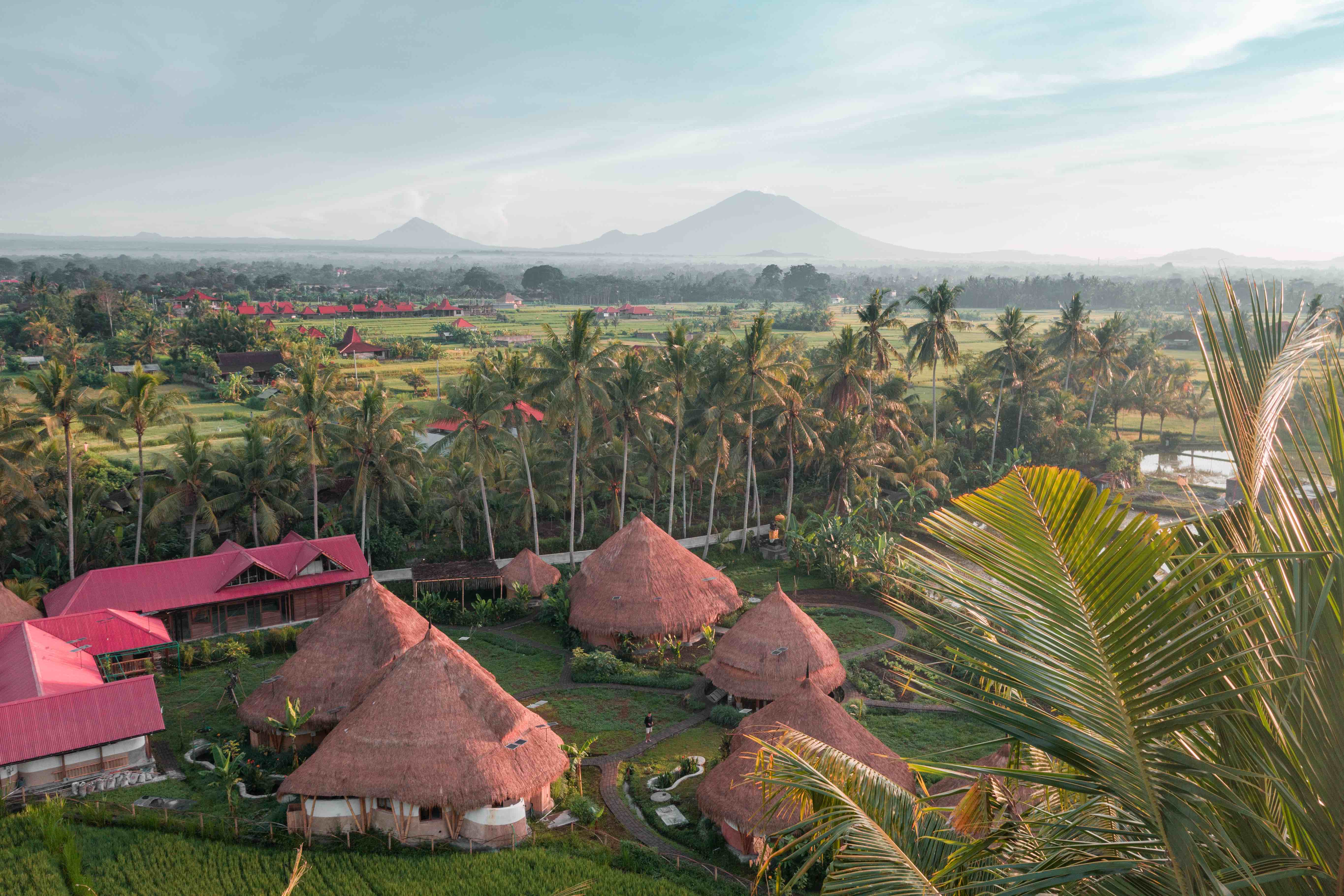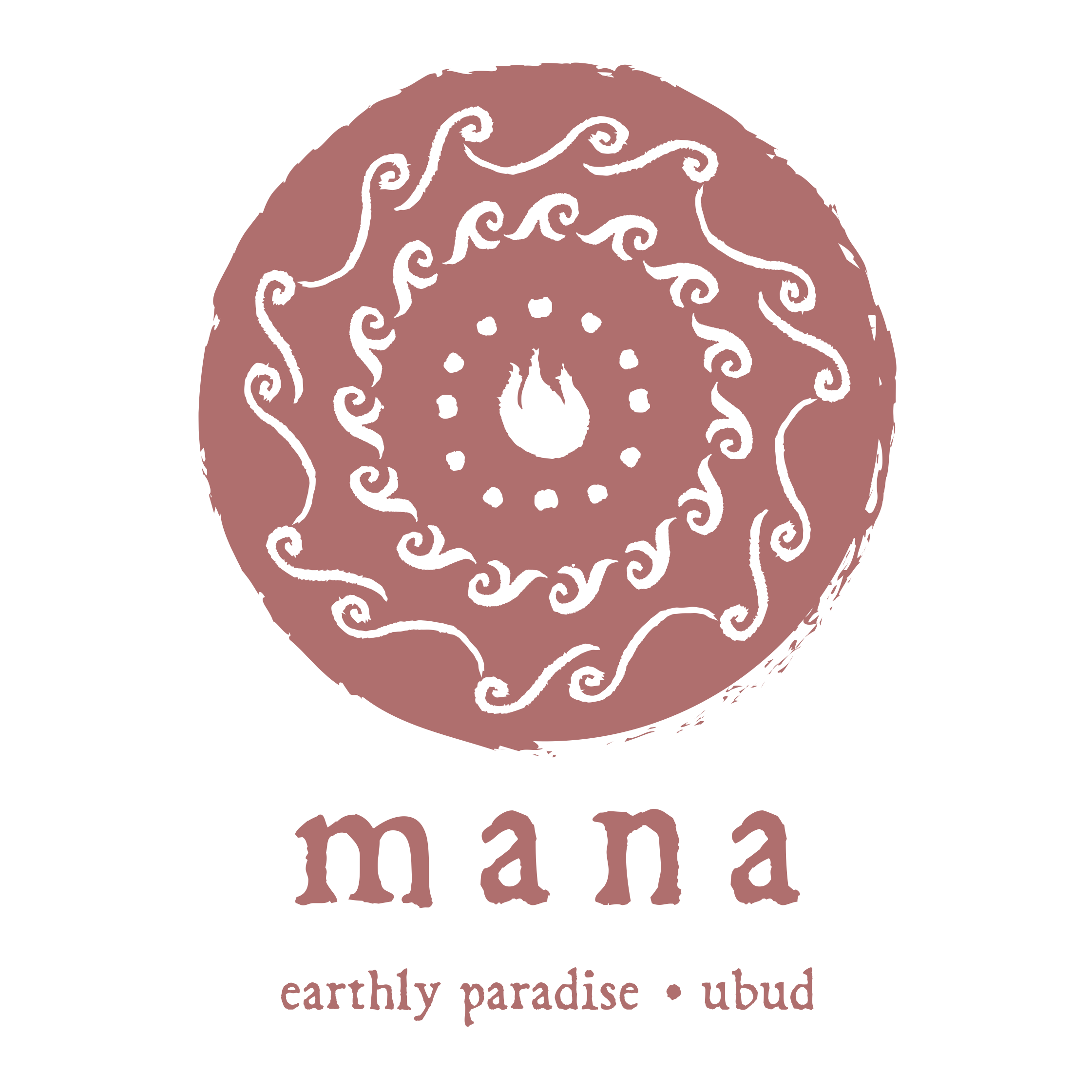

Mana Earthly Paradise

Bali, Indonesia
October 2022
Accommodation
Service with Significant Environmental Footprint
Indonesia
Established in 2019, Mana Earthly Paradise was founded to reimagine and redefine sustainability in business, especially in the tourism industry. Believing tourism can be a force for good, Mana aims to be part of the solution, not the problem. Mana incorporates regeneration in every aspect possible, with the entire resort constructed using natural building techniques with ethically sourced materials; harnessing solar energy to power Mana’s lighting; harvesting rainwater to be filtered to serve potable water to the entire property; as well as only using fresh, local, organic ingredients – many of which are from Mana’s own permaculture gardens – at the restaurant. Counted among a collective of companies in Indonesia striving for an inclusive, equitable, and regenerative world – not to mention becoming the first B Corp certified hotel in South East Asia, and second in Asia – Mana represents a leap forward for regenerative tourism in Bali and Indonesia.
Overall B Impact Score
Governance 9.6
Governance evaluates a company's overall mission, engagement around its social/environmental impact, ethics, and transparency. This section also evaluates the ability of a company to protect their mission and formally consider stakeholders in decision making through their corporate structure (e.g. benefit corporation) or corporate governing documents.
What is this? A company with an Impact Business Model is intentionally designed to create a specific positive outcome for one of its stakeholders - such as workers, community, environment, or customers.
Workers 18.8
Workers evaluates a company’s contributions to its employees’ financial security, health & safety, wellness, career development, and engagement & satisfaction. In addition, this section recognizes business models designed to benefit workers, such as companies that are at least 40% owned by non-executive employees and those that have workforce development programs to support individuals with barriers to employment.
Community 23.6
Community evaluates a company’s engagement with and impact on the communities in which it operates, hires from, and sources from. Topics include diversity, equity & inclusion, economic impact, civic engagement, charitable giving, and supply chain management. In addition, this section recognizes business models that are designed to address specific community-oriented problems, such as poverty alleviation through fair trade sourcing or distribution via microenterprises, producer cooperative models, locally focused economic development, and formal charitable giving commitments.
Environment 31.1
Environment evaluates a company’s overall environmental management practices as well as its impact on the air, climate, water, land, and biodiversity. This includes the direct impact of a company’s operations and, when applicable its supply chain and distribution channels. This section also recognizes companies with environmentally innovative production processes and those that sell products or services that have a positive environmental impact. Some examples might include products and services that create renewable energy, reduce consumption or waste, conserve land or wildlife, provide less toxic alternatives to the market, or educate people about environmental problems.
Customers 2.9
Customers evaluates a company’s stewardship of its customers through the quality of its products and services, ethical marketing, data privacy and security, and feedback channels. In addition, this section recognizes products or services that are designed to address a particular social problem for or through its customers, such as health or educational products, arts & media products, serving underserved customers/clients, and services that improve the social impact of other businesses or organizations.